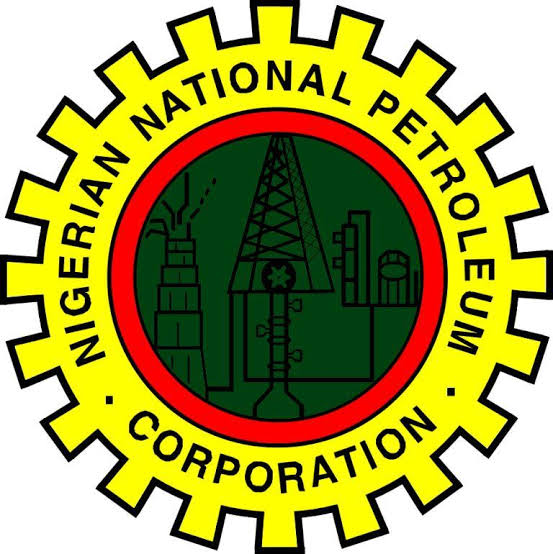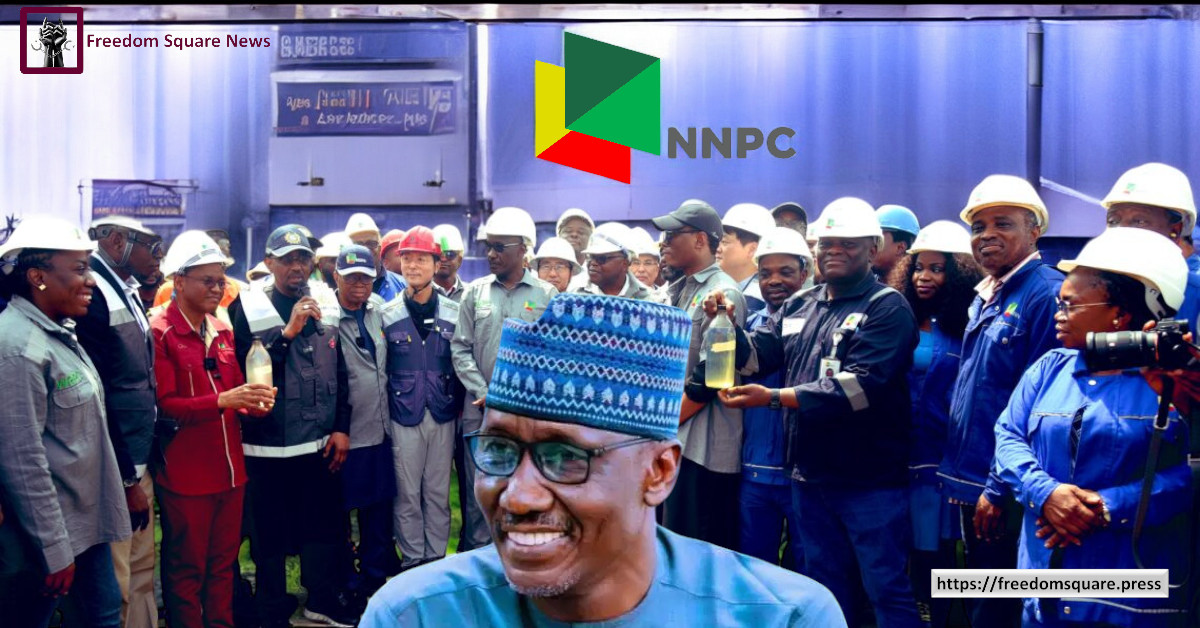In a surprising turn of events, petrol stations operated by the Nigerian National Petroleum Corporation (NNPC) have increased the fuel price from N539 to a staggering N617 per litre.
This sudden adjustment has left consumers in shock and has ignited concerns about the possibility of fuel prices soaring to N700 per litre in the near future.
The NNPC, responsible for overseeing Nigeria’s oil and gas industry, has not provided an official statement regarding the recent hike. The Nigerian Midstream and Downstream Petroleum Regulatory Authority, the regulatory body overseeing the country’s fuel sector, has also remained silent on the matter, leaving citizens speculating about the causes and implications of the sudden increase.
The latest fuel price hike comes as a blow to the already burdened Nigerian population, which has been grappling with high inflation rates and economic challenges. With fuel being a vital commodity for transportation, power generation, and various other sectors, any increase in its price directly affects the cost of living for Nigerians.
Citizens have expressed their concerns over the potential ripple effects of this price hike. With transportation costs likely to surge, the prices of essential goods and services could also increase, further burdening the already struggling populace. Many fear that the N617 per litre rate is just the beginning, and that fuel prices could reach an alarming N700 per litre in the coming months if the trend continues.
The NNPC’s decision to adjust fuel prices has raised questions about the underlying factors driving this sudden increase. Some speculate that it may be linked to the rising global oil prices, as Nigeria heavily relies on oil exports for revenue generation. If global oil prices continue to surge, it could put further pressure on the country’s already strained economy, making it challenging for the government to stabilize fuel prices.
Furthermore, concerns have been raised about the potential impact of this fuel price increase on inflation rates. With transportation costs rising, businesses may be forced to pass on the additional expenses to consumers, leading to higher prices for goods and services across the board. This could have severe implications for Nigeria’s already high inflation rate, which stood at 17.75% as of June 2023, according to the National Bureau of Statistics.




